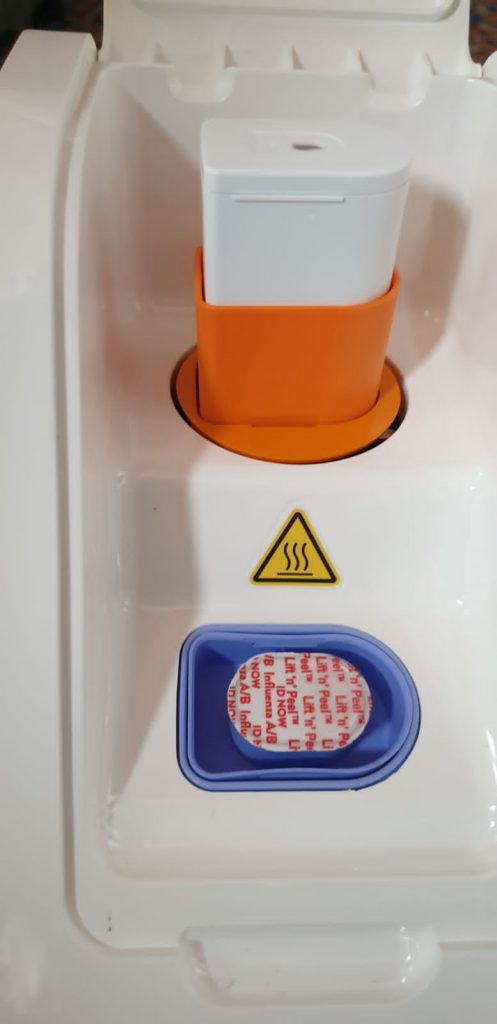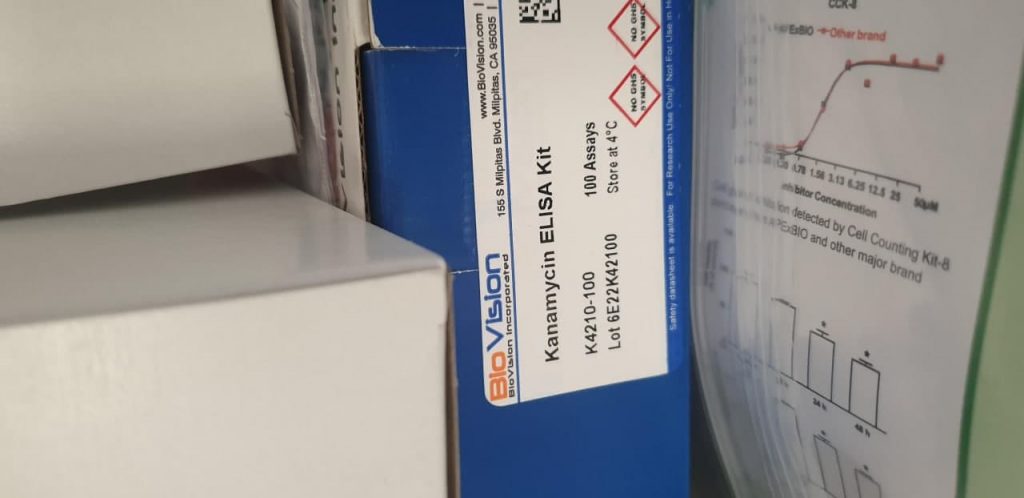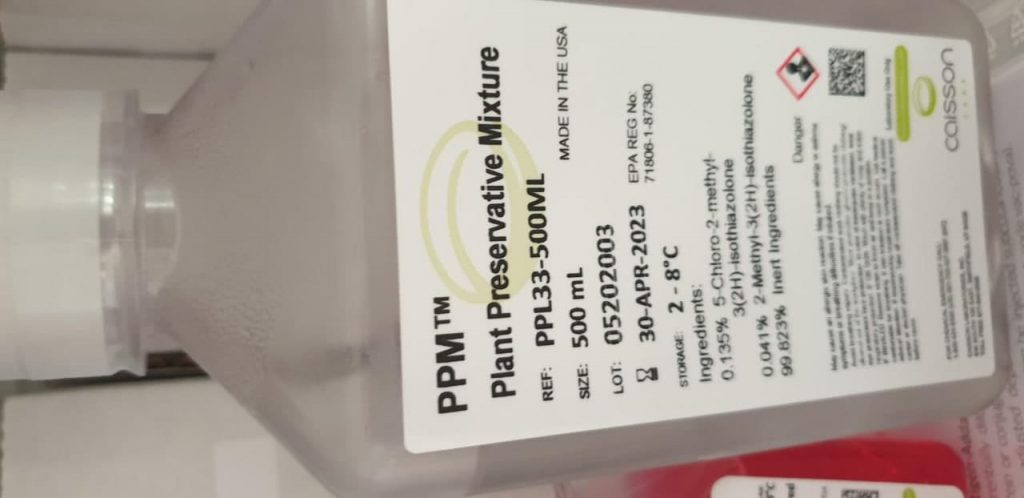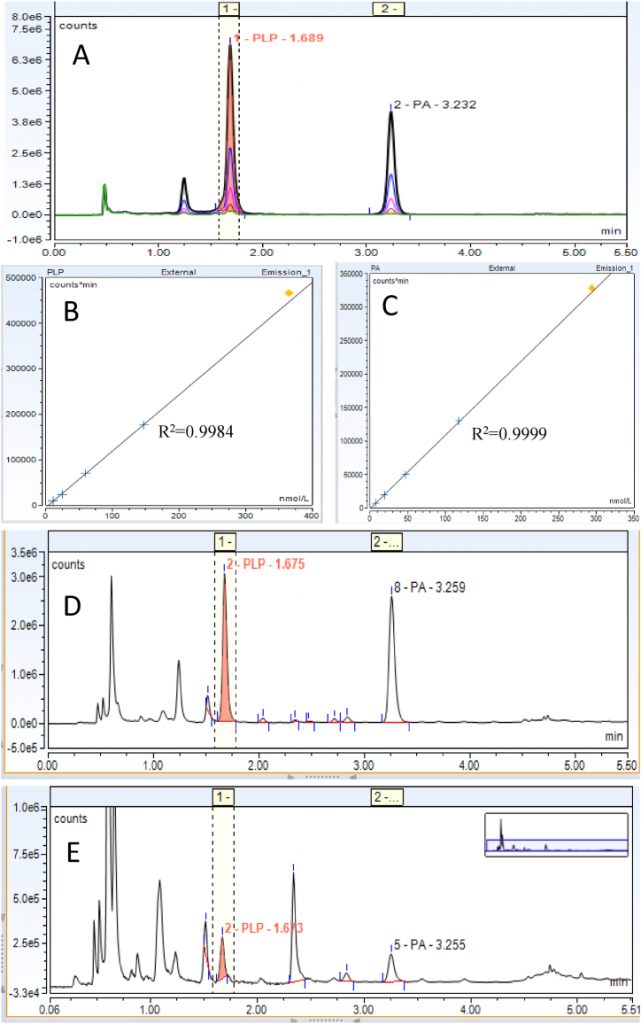Personalized Nutrition for Depression: Impact on the Unholy Trinity
Major depressive dysfunction (MDD) is a persistent affective dysfunction that has a powerful neuroinflammatory element underpinning its etiology. Recent research point out that MDD can also be related to adjustments in the intestine microbiota and that the latter is especially modulated by food regimen. Microbiota-based customized diet goals to supply an individual-specific food regimen that […]
Personalized Nutrition for Depression: Impact on the Unholy Trinity Read More »










